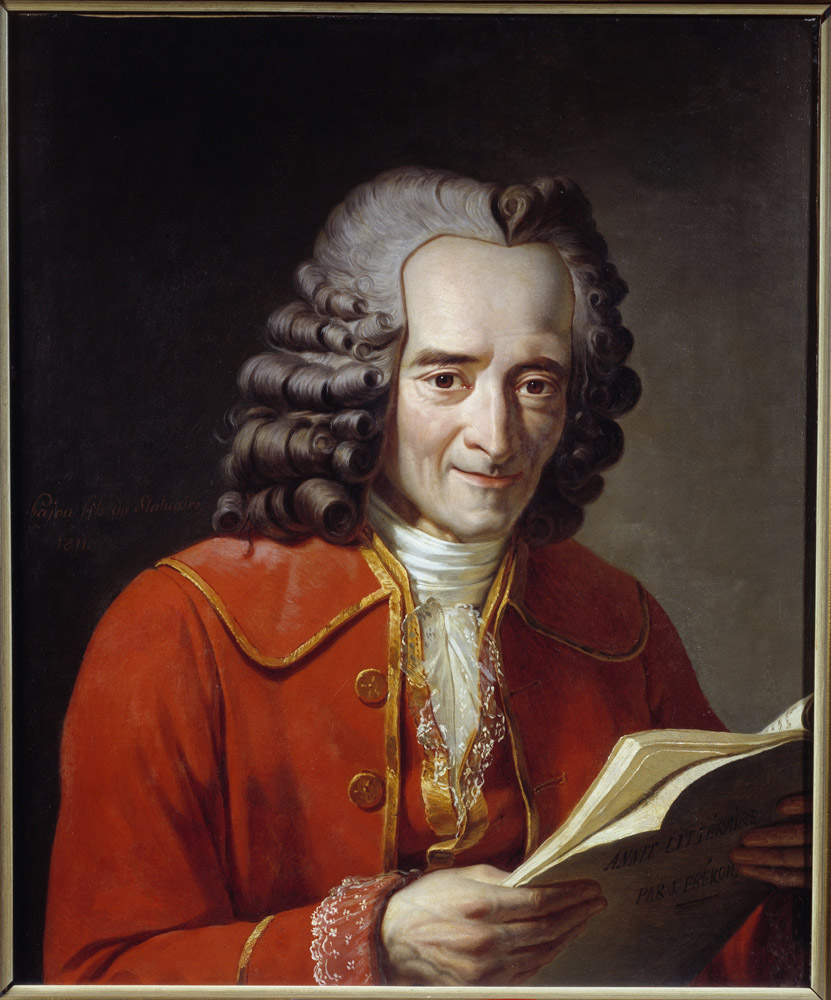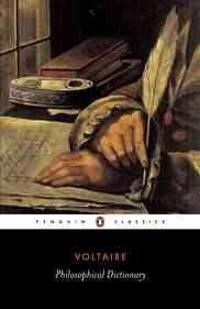I juli år 1764 dök boken upp på bokhandelsdiskarna.
"Boken gjorde skandal. Redan den 10 september beslagtogs den hos alla bokhandlare i Genève. I december brände bödeln den i Amsterdam. I början på 1765 brändes den i Bern. I mars 1765 fördömde parlamentet i Paris boken. När den nittonårige Labarre den 1 juli 1766 brändes på bål för blasfemi, så kastades hans exemplar av ordboken med i lågorna. Den kallades omväxlande "Djävulens ordbok" och "Satans ordbok". (Citerat från "Voltaire- liv och tänkesätt" av Carl-Göran Ekerwald.)
He was brave without a doubt; so are wolves; there are even monkeys as fierce as tigers. From being a fanatic he became an adroit politician, that is to say that from a wolf he became fox, climbed by imposture from the first steps where the infuriated enthusiasm of the times had placed him, right to the pinnacle of greatness; and the impostor walked on the heads of the prostrated fanatics. He reigned, but he lived in the horrors of anxiety. He knew neither serene days nor tranquil nights. The consolations of friendship and society never approached him; he died before his time, more worthy, without a doubt, of execution than the king whom he had conducted from a window of his own palace to the scaffold.
Richard Cromwell, on the contrary, born with a gentle, wise spirit, refused to keep his father's crown at the price of the blood of two or three rebels whom he could sacrifice to his ambition. He preferred to be reduced to private life rather than be an omnipotent assassin. He left the protectorate without regret to live as a citizen. Free and tranquil in the country, he enjoyed health there, and there did he possess his soul in peace for eighty-six years, loved by his neighbours, to whom he was arbiter and father.
Readers, give your verdict. If you had to choose between the destiny of the father and that of the son, which would you take?










.JPG)





Inga kommentarer:
Skicka en kommentar